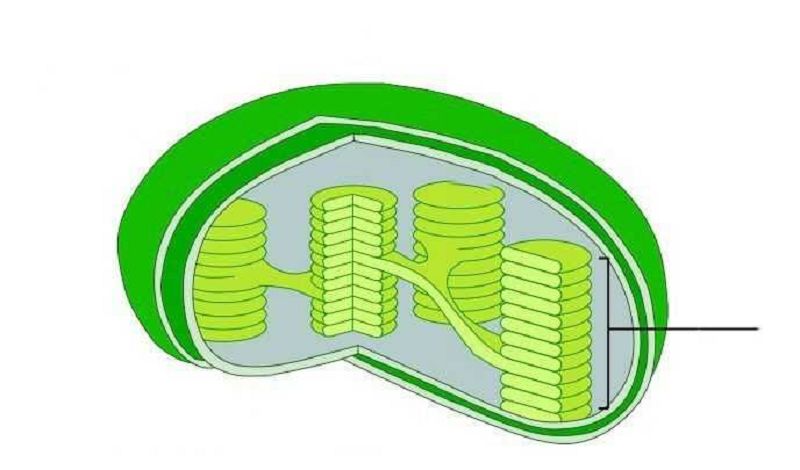Chapter 7 part 1+2 - Biology - Medical Club
{"name":"Chapter 7 part 1+2 - Biology - Medical Club", "url":"https://www.quiz-maker.com/QPREVIEW","txt":"Challenge your knowledge of biology with our engaging quiz focused on microscopy and cellular structures! Perfect for students and enthusiasts alike, this quiz will test your understanding of essential concepts.Key features:30 thought-provoking questionsMultiple-choice formatInstant feedback on your performance","img":"https:/images/course4.png"}
More Quizzes
Histology Quiz 2
2110151
2020-1 Histology Test
201059
มคแแกแแแแฃแ แ แแ แแแแแขแแ แฃแแ แกแขแแขแแกแขแแแ
80400
The Pokemon Quiz
520
Ultimate 1984 Trivia Questions & Answers - LA Olympics
201055546
Test Your SAS Combining Data Sets Skills - Free
201038700
Am I a Loser: Discover Your Unexpected Loser Type Now!
201023957
Unlock Africa's Important Physical Features: Take the
201080812
Find Your Inner Paramore Member with This Free
201027468
Principles of Physics Trivia - Challenge Your Skills
201091639
Quantitative Research Designs
15821105
Free Dimensional Analysis Practice
201027468

